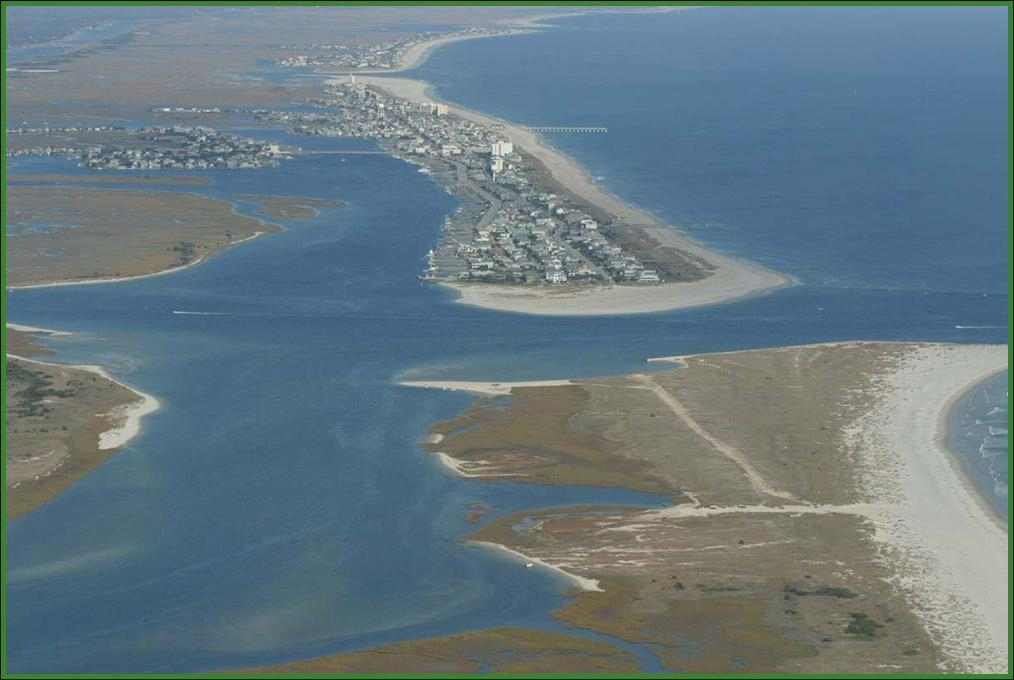| Large parts of Florida underwater? All this beautiful Miami real estate flooded out? |

|
"According to a report released last December by the National Oceanic and Atmospheric Administration, we can expect to see as much as 6.6 feet (2 meters) of sea-level rise by 2100, though a lower figure is more likely." So what about Miami?
"Miami, for example, which tops the OECD report's list for cities with the most assets at risk, rests on a foundation of highly porous limestone. Seawater would flow unimpeded beneath any levee or storm surge barrier."It's already contaminating Florida's underground water supply, and it regularly erupts from Miami's sewers during 'king tides,' when the sun and moon exert their most powerful tidal pull on Earth. The problem is only going to get worse: By the century's end large parts of Florida may be underwater."
| Large parts of Florida underwater? All this beautiful Miami real estate flooded out? |

|
That article from June, 2013, was just the beginning, however: In August, the article entitled "Rising Seas" comes out, with this subtitle: "As the planet warms, the sea rises. Coastlines flood. What will we protect? What will we abandon? How will we face the danger of rising seas?"
But after the beginning there's this: "By the next century, if not sooner, large numbers of people will have to abandon coastal areas in Florida and other parts of the world. Some researchers fear a flood tide of climate-change refugees. 'From the Bahamas to Bangladesh and a major amount of Florida, we'll all have to move, and we may have to move at the same time,' says Wanless. 'We're going to see civil unrest, war. You just wonder how -- or if -- civilization will function. How thin are the threads that hold it all together? We can't comprehend this. We think Miami has always been here and will always be here. How do you get people to realize that Miami -- or London -- will not always be there?'"
There is a light-hearted moment in the article: "In a state exposed to hurricanes as well as rising seas, people like John Van Leer, an oceanographer at the University of Miami, worry that one day they will no longer be able to insure -- or sell -- their houses. 'If buyers can't insure it, they can't get a mortgage on it. And if they can't get a mortgage, you can only sell to cash buyers,' Van Leer says. 'What I'm looking for is a climate-change denier with a lot of money.'"
And then there's a fairly laconic tail-end to the piece, about New York after Hurricane Sandy: "But among New Yorkers, as among the rest of us, the idea that the sea is going to rise -- a lot -- hasn't really sunk in yet. Of the thousands of people in New York State whose homes were badly damaged or destroyed by Sandy's surge, only 10 to 15 percent are expected to accept the state's offer to buy them out at their homes' pre-storm value. The rest plan to rebuild."
Yikes.
Sometimes just sticking your head in the sand is the seeming answer, even if the rising sea ends up coming in and drowning you. A wonderfully comical and yet terrifying example of this occurred elsewhere in the United States, where "...North Carolina, is actively ignoring the problem: The state legislature has refused to include realistic sea-level rise projections in its coastal planning policies."
You really can't make this stuff up. "[A development] group said making development take into account 39 inches of sea level rise [by the end of the century] could undermine the coastal economy, raise insurance costs and turn thousands of square miles of coastal property into flood plains that could not be developed." Exactly. And that's what's going to happen. They just don't want to hear it, so they refuse to allow anyone to say it. Maybe the insurance companies will begin to ask a few questions, however, as they set their rates... or as they refuse to insure altogether.

Remember, the World Bank is operating under the assumption that we're headed for 4 degrees of temperature rise by the end of the century....